Biosciences
Sara Calhoun
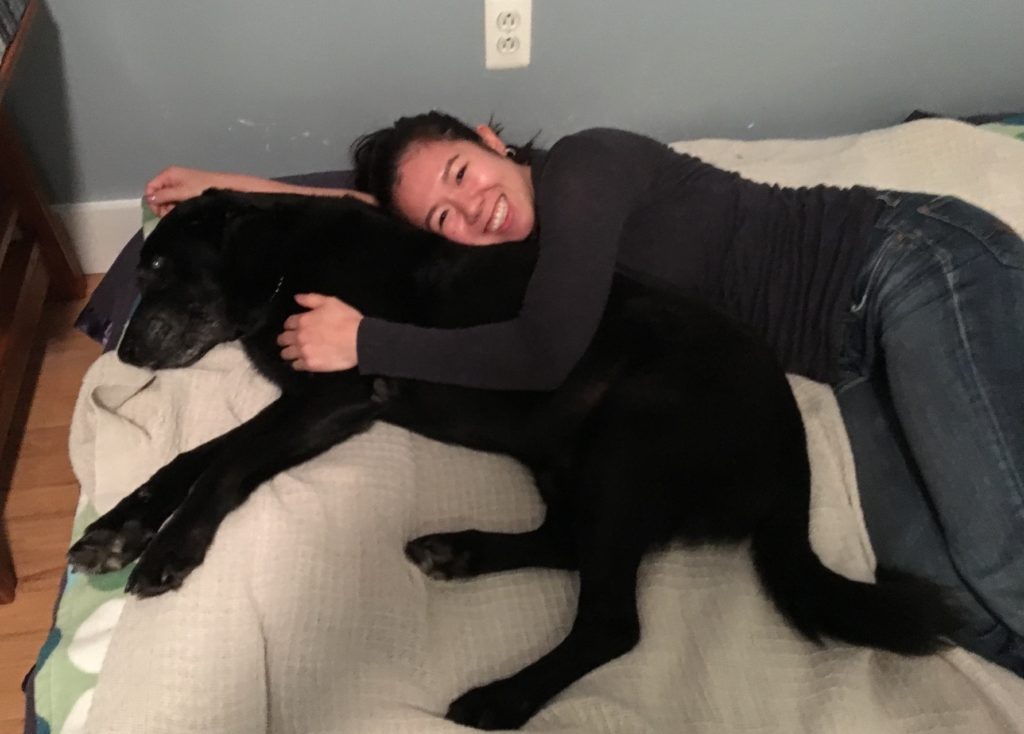
Sara Calhoun graduated from UC San Francisco before joining the Joint Genome Institute as a postdoc. Sara’s research project integrates datasets using different approaches (genomics, transcriptomics, and metabolomics) for characterizing novel strains of algae that are potential biofuel feedstocks. Other than being a scientist, Sara would have pursued civil engineering. Sara also practices ballet in her free time outside of the lab.
Lauren Jabusch
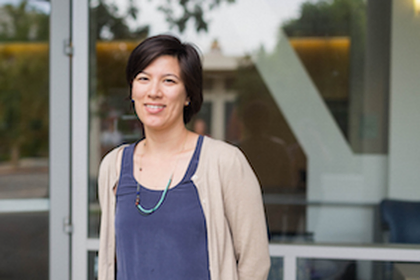
Lauren Jabusch became a postdoc in EGSB after graduating from UC Davis. Her research project investigates the interactions between soil microbes and grasses in order to improve agricultural yields and soil health by employing fabricated ecosystems, CRISPR, and phage technologies to disrupt plant-microbial networks. Lauren chose to participate in the SLAM competition because she finds fulfilment in sharing her science with her peers and seeing the incredible things that are done at LBL through other people’s eyes. If Lauren wasn’t a scientist, she would be a backpacking guide because it would give the perfect mix of teaching, nature, being in beautiful places, and planning and spreadsheets. When Lauren isn’t working hard in the lab, she enjoys baking and volunteering for the youth-focused climate justice non-profit, Power Shift Network where she serves as Co-Chair of the Board. Lauren also loves to wear pieces of clothing that she made herself!
Fangchao Song
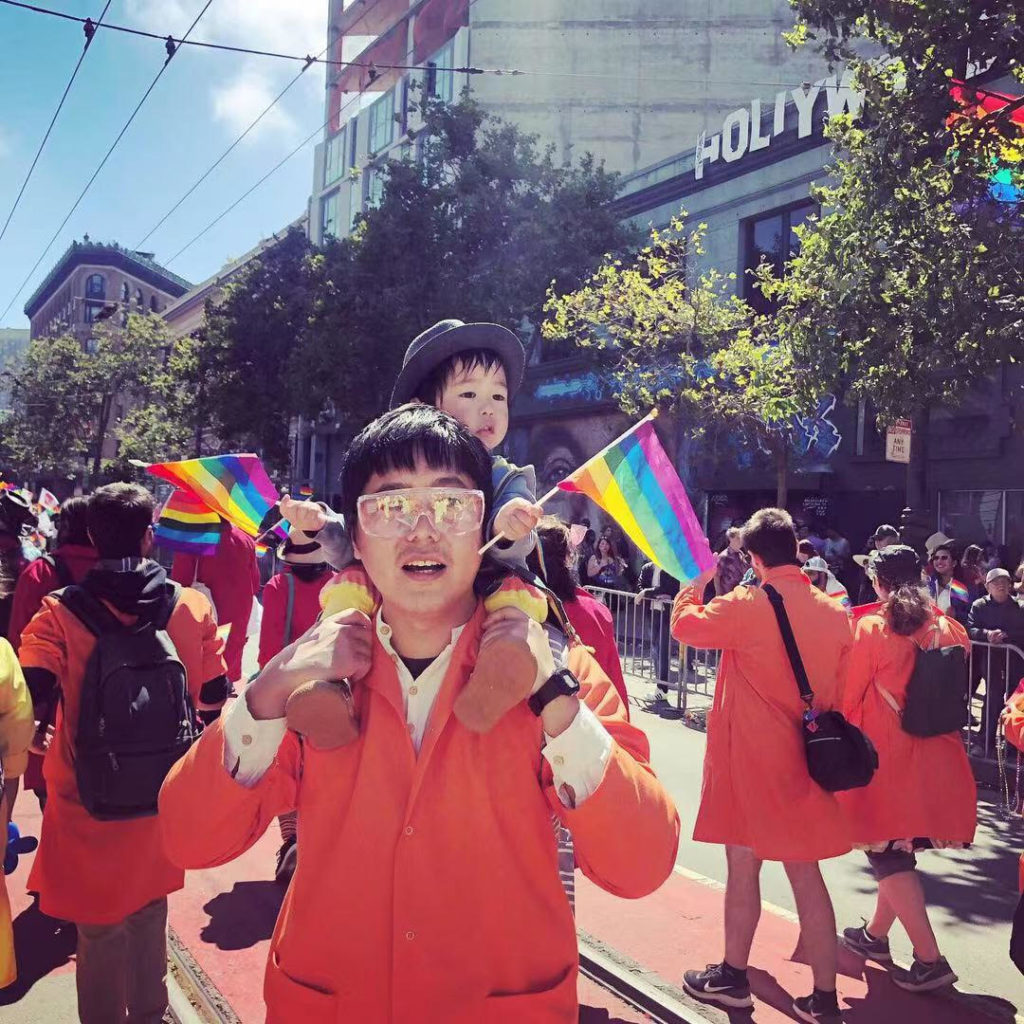
Fangchao Song graduated from Syracuse University before becoming a postdoc in the Biosciences division. Fangchao develops a new method that will reveal microbial interaction in water and soil. When he is not working diligently in the lab, Fangchao enjoys playing soccer and is very passionate about helping children in low-income areas or family achieve a better education.
Patricia Valdespino
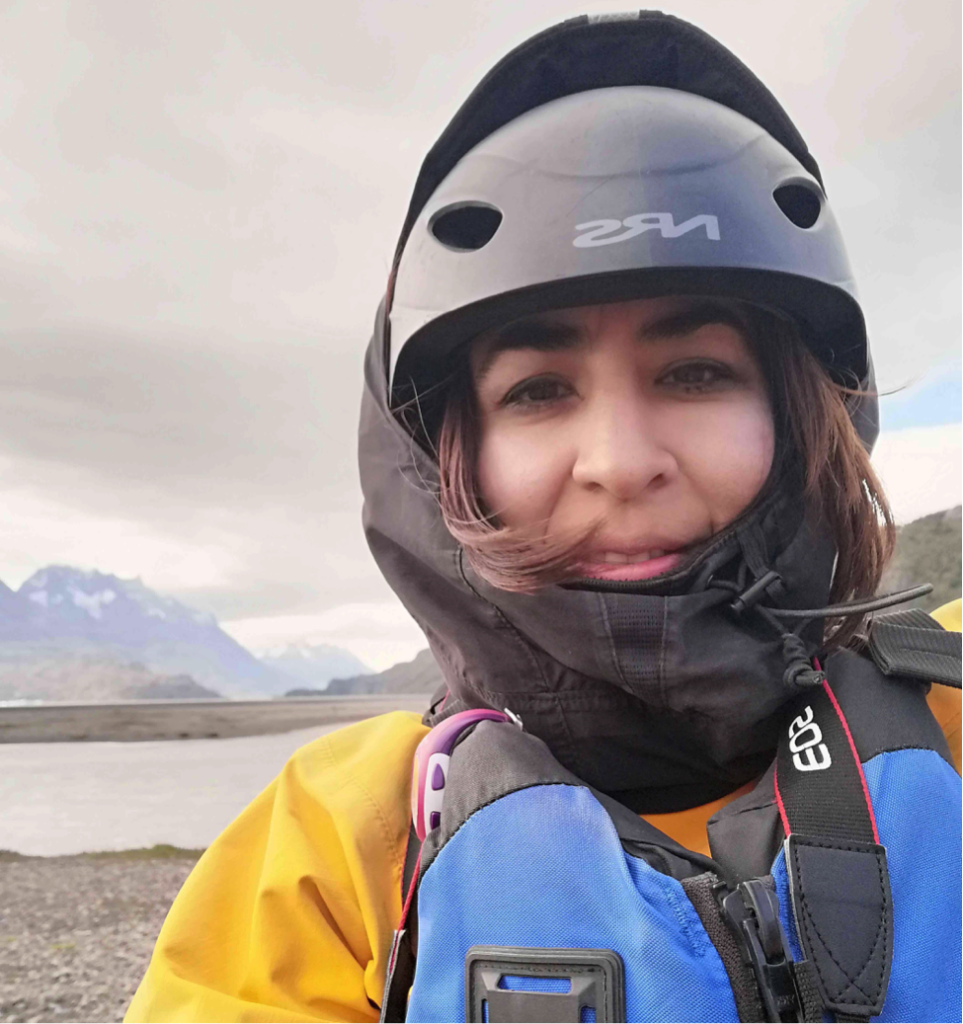
Patricia Valdespino joined the Molecular Biophysics and Integrated Bioimaging division after graduating from the National Autonomous University of Mexico. Her research focuses on understanding the role of microbes in mineral formation while also assessing the resilience and adaption of microbial systems. If Patricia was not a scientist, she would want to be either an astronaut or a musician. Patricia has a secret talent for singing.
Earth Environmental Sciences
Megan Dillon
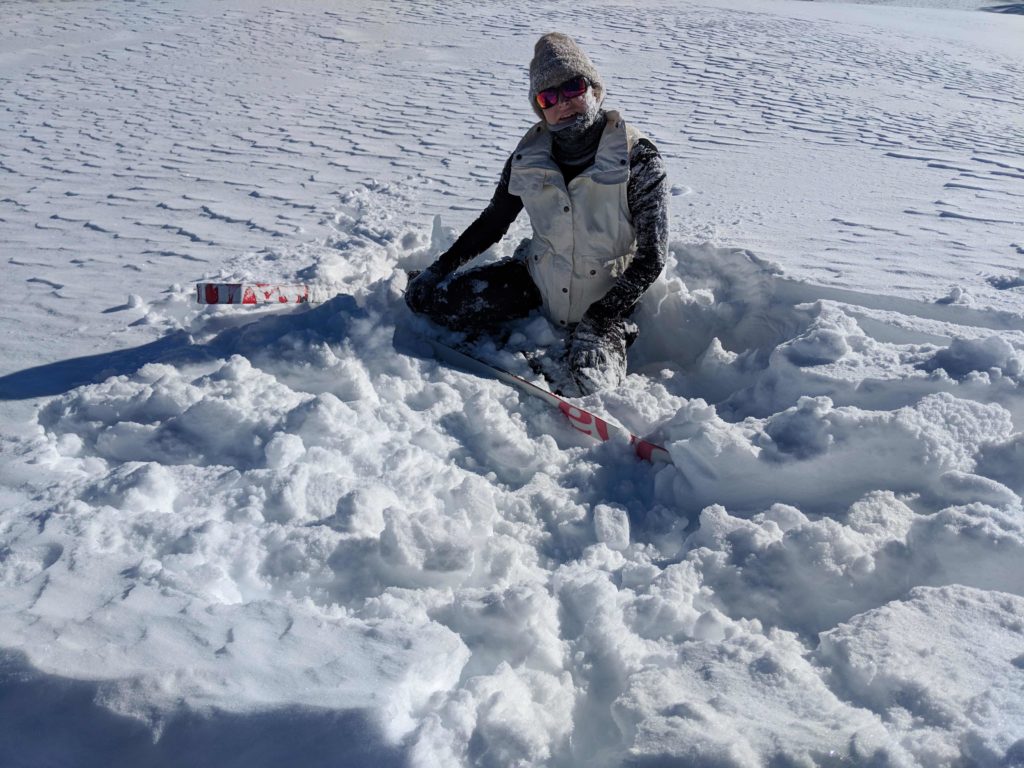
Megan Dillon became a postdoc in the Climate and Ecosystem Sciences division after graduating from UC Davis. In her research, Megan investigates phylogenetic and metabolic differences in permafrost microbial communities across the Arctic as well as the changes in these characteristics during permafrost thaw. She also believes that the SLAM competition gives a unique platform to engage everyone about how interesting and important microorganisms are, especially those driving nutrient exchange and recycling on a global scale. Megan relaxes off hours by gardening. Megan has a secret talent for singing, but she rarely shares that with anyone. Also, if Megan was not a scientist, she would be a detective.
Fadji Maina
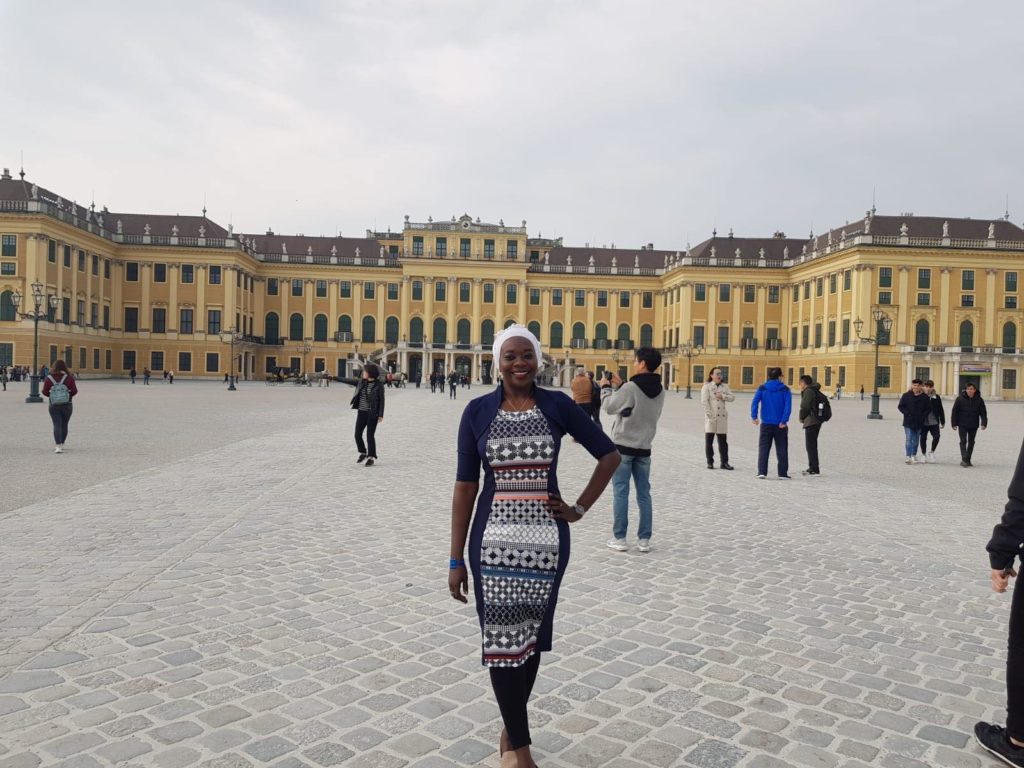
Fadji Maina graduated from the University of Strasbourg before becoming a postdoc in the Energy Geosciences division. Here, her research uses a high-resolution physically-based integrated hydrologic model to understand the impacts of climate extremes, such as severe drought and intense wet, and wildfires on water resources in California. Fadji is passionate about communicating her findings and science to a broad audience as our research is working diligently to solve major problems our world faces today. If Fadji didn’t pursue a career in the sciences, she would have become a pilot so she would be able to admire the Earth’s beautiful uniqueness from a high elevation while also travelling the globe. Fadji’s passions do not stop with earth and science. She is also an avid sports participant, crafter, reader, and hiker. Her secret talent is a good memory, which assisted her in graduating high school at 16 years old. She has studied and worked in 5 countries during her young career.
Energy Technologies
Michael Gerhardt
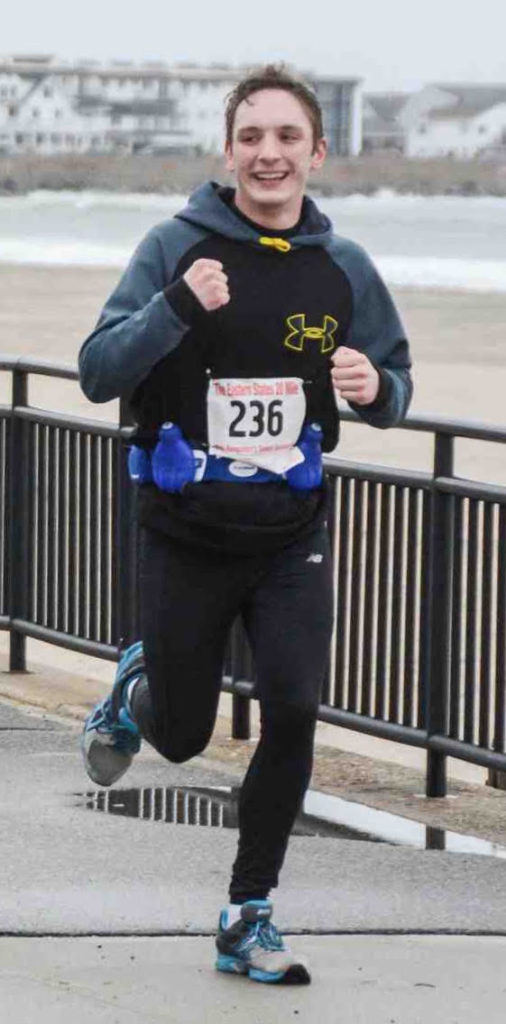
Michael Gerhardt became a postdoc in the Energy Storage and Distributed Resources division after getting his Ph.D. from Harvard. His work at LBNL focuses on simulations of hydrogen fuel cells with the goal of optimization for transportation applications and simulations of electrolyzers to understand how to produce hydrogen in a cheap and clean manner. Michael’s interest does not stop with his research. He believes science communication with the public is important as science should ultimately serve the public. When he isn’t working hard in the lab, Michael can be found running on the Fire Trail and he just completed the San Francisco Marathon with his family! If Michael was not a scientist, he would be a singer of a rock band. He also has a secret talent for getting lost anywhere, “even if the streets are in regular grids.”
Akanksha Menon
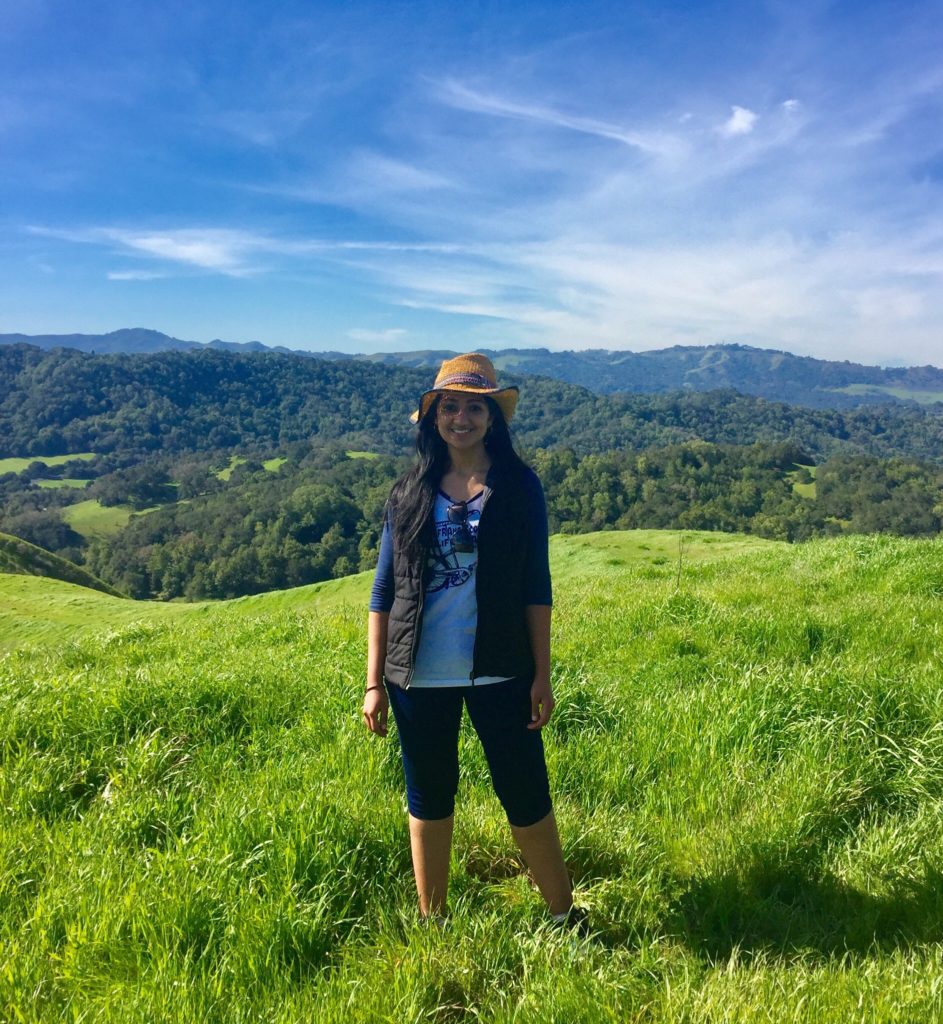
Akanksha Menon graduated from Georgia Tech before becoming a postdoc in the Energy Technologies Area where she works on developing energy-efficient methods for water treatment. Specifically, Akanksha is developing a hybrid thermal-membrane technology that incorporates solar energy to treat high salinity wastewater with the goal of achieving zero-liquid discharge. The SLAM competition allows her to share her research with the LBNL community while also letting her create a non-specialized pitch of her research that can be used in a wide range of settings, from technical meetings and a conversation over coffee. As a break from her research, Akanksha is learning how to play the ukulele in the Uke Club here at LBNL. She also is an accomplished Indian classical musician, plays badminton and enjoys hiking, especially the BLPA hikes.
Energy Sciences
Wenhao Sun
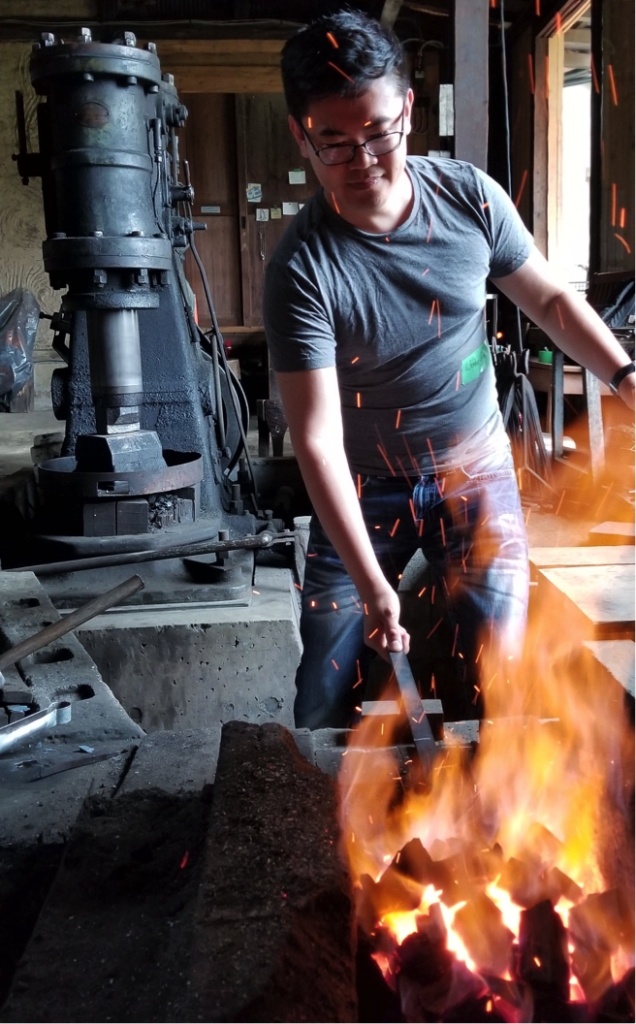
Wenhao Sun became a postdoc in the Materials Sciences division after graduating from Massachusetts Institute of Technology. Here at LBNL, his research combines thermodynamics, quantum mechanics, and big-data analysis to ascertain how to manufacture materials needed by material scientists. If Wenhao hadn’t become a scientist, he would have pursued a career as a teacher. He is also an accomplished violinist and still tries to practice regularly.
Computing Sciences
Bashir Mohammed
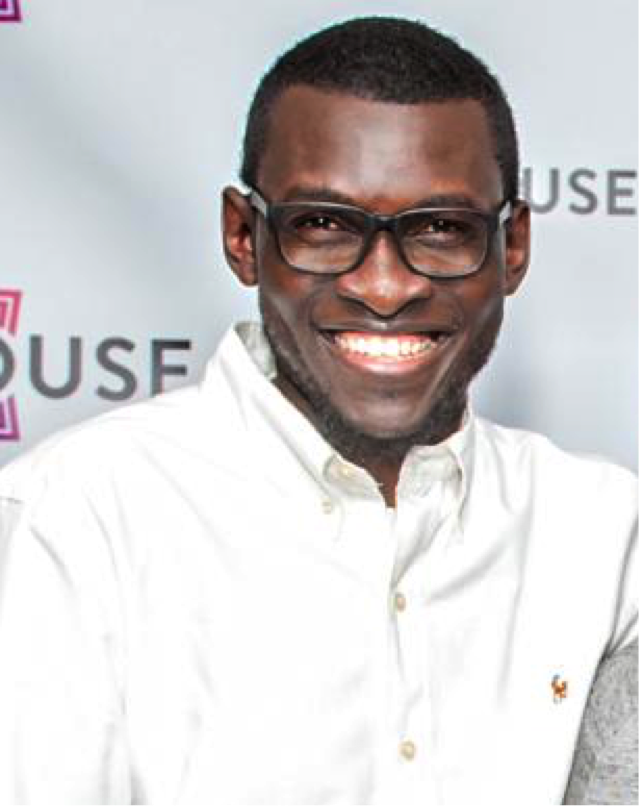
Bashir Mohammed joined the Computational Research division after finishing his Ph.D. at the University of Bradford in the UK. His current research focuses on developing Artificial Intelligence and machine-learning algorithms to control high-speed networks that will eventually minimize network downtime, which would directly impact DOE funding and free scientists to pursue other realms of science. Bashir saw SLAM as a unique professional development opportunity within LBNL. Outside of the lab, Bashir enjoys playing soccer, basketball, and ping pong, while also pursuing his love of acting on stage in local theatres.
Tess Smidt
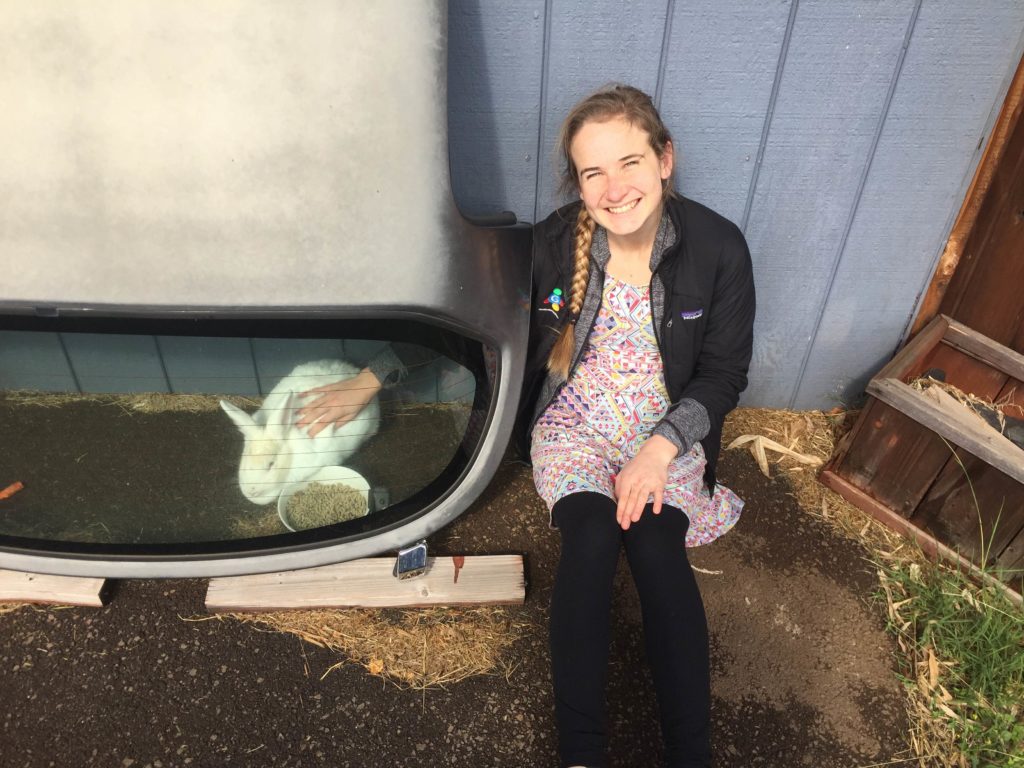
Tess Smidt joined the Computational Research division after graduating from UC Berkeley. In her research, Tess builds neural networks that understand geometry to accelerate computational materials discovery. When Tess is not working hard at the lab, she is working hard in the gym, where she trains as a powerlifter. If Tess was not a scientist, she would be either an architect or a Starfleet officer. She also enjoys sewing and bunnies, which she tries to add to all of her scientific presentations.
Physical Sciences
Maria Żurek
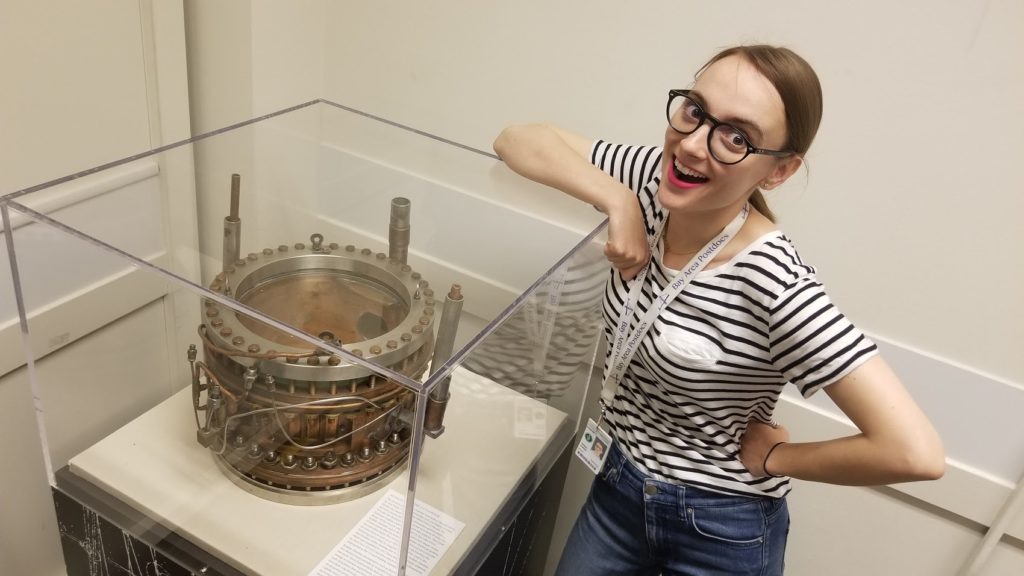
Maria Żurek is a postdoc in the Nuclear Science division and received her doctorate from the University of Cologne. Her research studies the structure of the matter we are all made of at the fundamental level by colliding accelerated protons at the Relativistic Heavy Ion Collider at Brookhaven National Laboratory to understand how the spin of the proton originates from its most basic constituents – quarks and gluons. Maria believes that SLAM gives a unique opportunity to share the passion for science in a fun and engaging way independently of if the research area is fundamental or applied. If she had not become a scientist, Maria would have become a movie critic, a poet, or a molecular cuisine chef. Maria has a secret talent for finding cheap flights, which she employs whenever she can as she loves to travel. Maria loves to be heavily involved in outreach activities, specifically targeting career development, networking, and diversity among students and postdocs.

